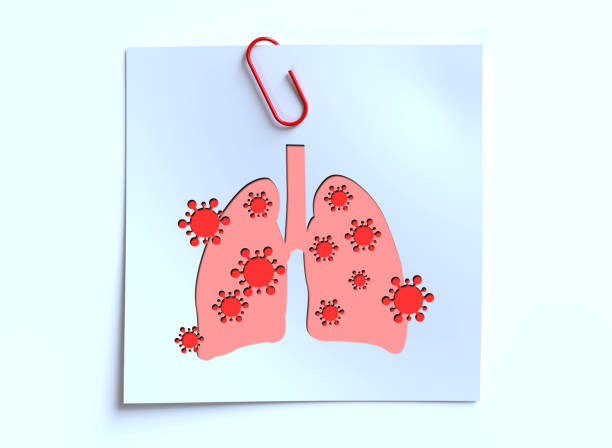Glandular fever, also called infectious mononucleosis, is an infection caused by the Epstein-Barr virus. This virus is a highly contagious herpes virus; it commonly affects teenagers and young adults. It is spread through saliva, and a person can be infected through close contact or wild kissing, sharing cups and toothbrushes, etc. The infection improves without treatment but can make you very ill and last for weeks.
Cause
The Epstein-Barr virus (EBV) causes glandular fever. Some people can be infected with the virus at some point and may not have any symptoms until later. Experts have claimed that once you get infected with the Epstein-Barr virus, it remains in your body for life.
The virus is carried in saliva and can passed from person to person through coughing, sneezing, kissing, sharing utensils, drinking containers and so on. If a person has glandular fever, they can pass the virus to others when sick, and sometimes, they can be contagious for months after the infection.
Symptoms of Glandular Fever
It may take 4 to 6 weeks for a person to experience symptoms of glandular fever after being infected by the Epstein-Barr virus. Some of the possible symptoms include
- A sore throat that can be mild and accompanied by redness and swelling.
- A widespread rash that is not itchy.
- Flu-like symptoms, including body aches and a headache.
- Malaise, tiredness, fatigue, and weakness.
- A temperature of 38°C or higher.
- Nausea and a loss of appetite.
- Liver pain and jaundice.
- Swelling of the lymph nodes.
- Swelling and puffiness around the eyes.
- Pain in the upper abdomen due to a swollen spleen.
Treatment
There is no cure for glandular fever; the virus may remain in your body for a lifetime. However, the symptoms are expected to go away without treatment after 4 to 6 weeks, but fatigue may last longer.
Here are some steps you can take to help your body heal.
- Rest as much as you can, especially since you will feel weak.
- Take pain relief medication.
- Drink plenty of fluids.
- Gargle with salt and water to relieve sore throat.
- A doctor may prescribe steroids to help ease inflammation of the tonsil.



